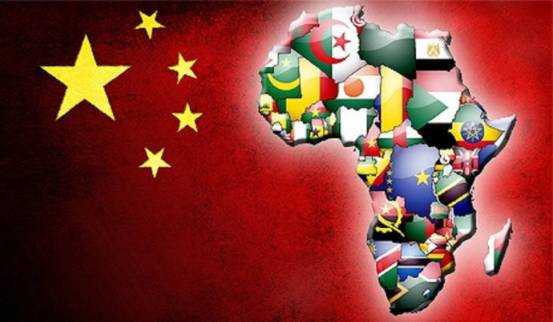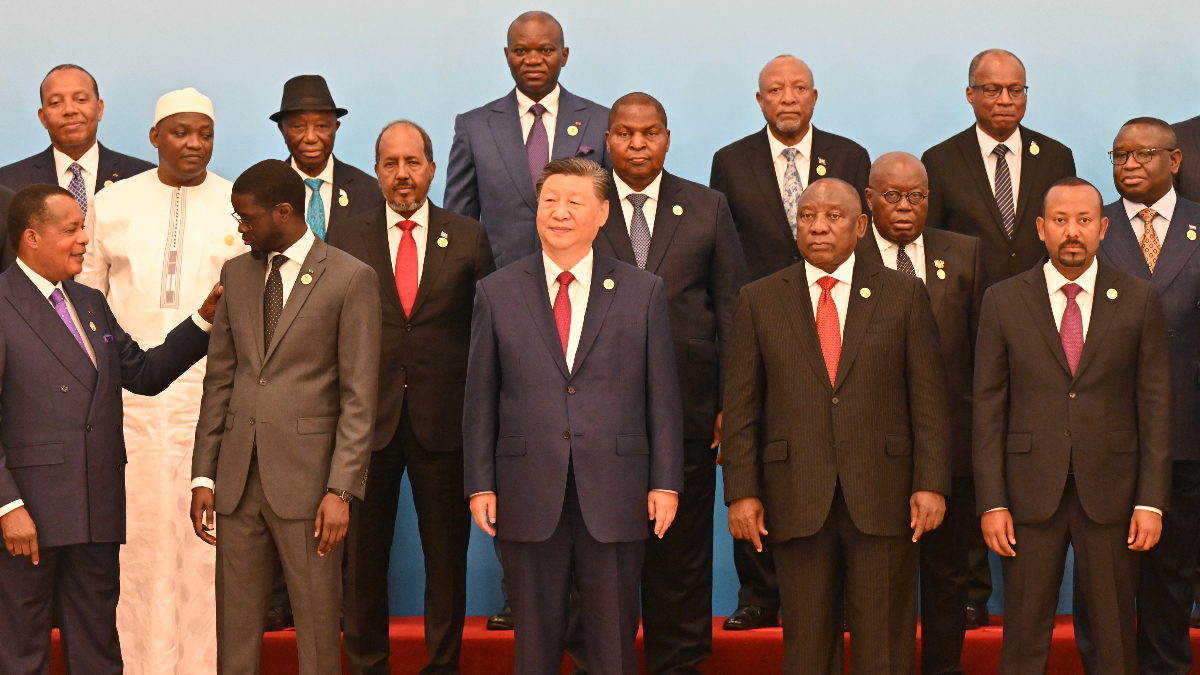
China’s push to globalize its currency, the yuan, is gaining traction in Africa, with the continent emerging as a strategic testing ground for Beijing’s broader de-dollarization ambitions.
- China is advancing the global use of its currency, the yuan, aiming for de-dollarization.
- The adoption of the yuan aligns with Africa’s shifts towards non-Western financial systems.
- Africa serves as a strategic region for testing China’s currency internationalization efforts.
In a recent milestone, the central banks of China and Egypt signed a series of agreements to increase yuan use in bilateral trade and investment.
The deals, signed during Chinese Premier Li Qiang’s visit to Cairo last week, were praised by People’s Bank of China governor Pan Gongsheng as “a key step in advancing economic ties” between the two countries.
Key provisions include electronic payment cooperation such as expanding China’s UnionPay system in Egypt, and enabling cross-border yuan-denominated transactions for banks operating in the China-Egypt TEDA Suez Economic and Trade Cooperation Zone.
These financial operations will be processed through the Cross-border Interbank Payment System (CIPS), China’s alternative to the SWIFT network, thereby reducing reliance on Western financial systems.
With this development, Egypt now joins a growing list of African nations, including South Africa, Nigeria, and Angola, that are actively incorporating the yuan into their trade and financial dealings with China.
China’s growing currency ambition in Africa
The expansion of the yuan across Africa is part of China’s broader strategy to challenge the dominance of the U.S. dollar.

This move aligns with the continent’s gradual shift away from Western financial systems toward a China-Russia-led coalition under BRICS, reflecting a strategic effort to diversify trade and currency frameworks.
China-Africa trade reached $282 billion in 2023, cementing China’s 15-year run as the continent’s top trading partner. The surge has boosted renminbi use in cross-border deals and reserve holdings.
Beyond Egypt, where the central banks recently signed agreements to deepen yuan usage in trade and investment, China has steadily advanced its currency diplomacy across Africa.
As early as 2015, South Africa signed a 30 billion yuan swap deal to improve trade liquidity. The South African Reserve Bank (SARB) explained that the three-year agreement was designed to “facilitate trade and investment” and serve as a “buffer for short-term balance of payment pressures.”
Earlier this year, Nigeria and China renewed their bilateral currency swap deal valued at 15 billion yuan (₦3.19 trillion), three years after the initial agreement expired.
The People’s Bank of China said the renewed three-year pact aims to “promote bilateral trade and investment facilitation.”
In Angola, a key oil supplier to China, the yuan is increasingly being used in energy and infrastructure transactions, with the Cross-Border Interbank Payment System (CIPS), China’s alternative to SWIFT, being integrated into the financial system.
Lauren Johnston, a senior research fellow at the AustChina Institute and China-Africa expert, told the South China Morning Post that Africa offers a strategic testbed for Beijing’s currency goals.
“Africa is a continent where trade with China is important, but it is also one where many countries struggle to access sufficient foreign currencies such as the euro or US dollar,” she noted.
Johnston added, “For China, there may be a chance to test the internationalisation of the RMB via a few countries in Africa first, where volumes might be small on a global scale and China’s footprint in the region relatively large.”
These efforts mark a broader rebalancing of global financial influence, with China positioning the yuan as a viable alternative in Africa’s evolving economic landscape.












